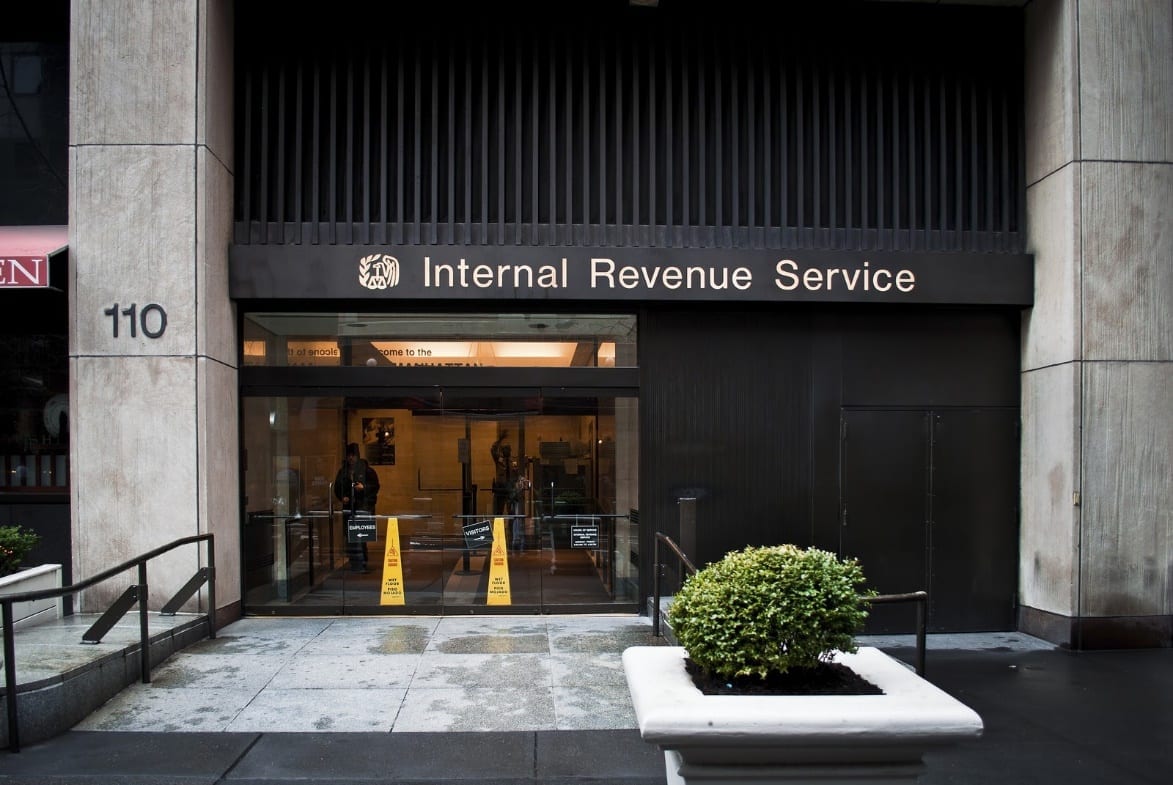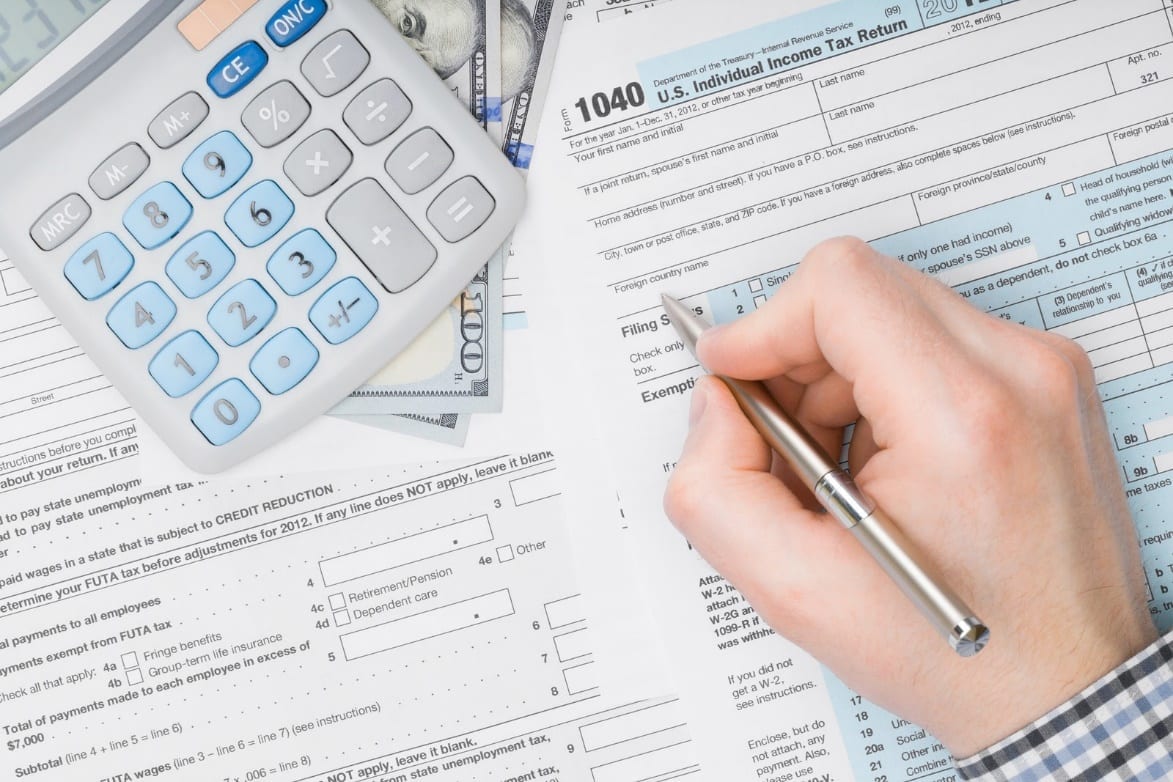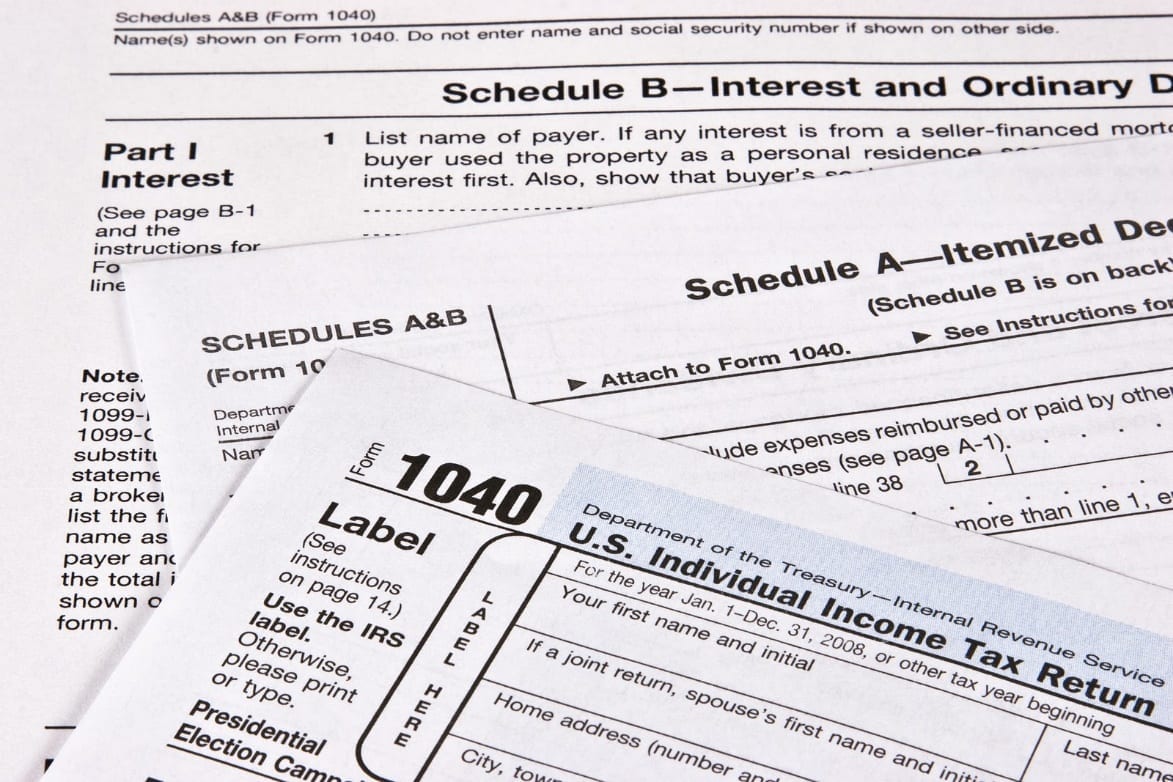One of the goals of filing for bankruptcy is to get debt relief. Bankruptcy can help you accomplish this goal by eliminating your liability for various debts. Debts that belong in this category are called “dischargeable debts.” There are some situations where tax-related debts are dischargeable, including back tax debts, but strict rules and criteria apply. Philadelphia bankruptcy attorneys explain when IRS tax debt is dischargeable for filers in Pennsylvania.

When Are Taxes Dischargeable in Bankruptcy?
Bankruptcy regulations are generous when it comes to debt elimination. Numerous debts are dischargeable in both Chapter 7 and Chapter 13 bankruptcy, the two most common types of bankruptcy for individual debtors. Dischargeable debts in Pennsylvania bankruptcy cases include debts from:
- Business Loans
- Credit Card Bills
- Medical Bills
- Past-Due Utility Bills
- Personal Loans
- Social Security Overpayments
Other debts are non-dischargeable, which means they cannot be wiped out by bankruptcy. These debts include:
- Alimony Debts
- Child Support Debts
- Criminal Restitution
- Fraudulent Debts
- Unlisted Debts
Tax debts are unique in that they are sometimes dischargeable and sometimes non-dischargeable, depending on specific details that need to be evaluated on a case-by-case basis. The dischargeability of a tax-related debt is contingent on the age of the debt, the nature of the debt, and other factors which are explained in the next section. Continue reading to learn more about the requirements for discharging tax debt in personal bankruptcy as a resident of Pennsylvania.
Does Bankruptcy Clear Income Tax Debt Owed to the IRS?
Bankruptcy and taxes have a complex relationship. Tax-related debts are dischargeable only under very specific circumstances, so it is prudent to have a Philadelphia Chapter 7 lawyer or Philadelphia Chapter 13 attorney review your financial documents before you decide to file for bankruptcy in the U.S. Bankruptcy Court for the Eastern District of Pennsylvania. If you assume that your tax debts are non-dischargeable, you could end up missing out on substantial debt relief.
First and foremost, it’s critical to emphasize that income tax debts are the only tax-related debts that can ever be discharged in personal bankruptcy. You cannot discharge tax debts arising from:
- Capital Gains Taxes
- Payroll Taxes
- Pennsylvania Inheritance Tax
- Property Taxes
- Real Estate Taxes
Many people contact our Delaware County Chapter 7 lawyers with the question, “Can you file bankruptcy on taxes?” Unless the taxes are income taxes, the answer is generally no.
The reason is that most of the tax debts listed above are priority debts, like child and spousal support. As their name suggests, priority debts take precedence in a bankruptcy case. If you file Chapter 7, creditors holding priority claims will be among the first to receive payment from the trustee after nonexempt property is sold. If you file Chapter 13, you must pay your priority debts in full.
If the tax debts are related to income taxes, discharge may be possible – provided certain conditions are met. In order to file bankruptcy on income tax debt in Chapter 7 or Chapter 13, the debt must satisfy the following criteria:
- The tax must have been due at least three years before the date on which you file for bankruptcy. Our Delaware County Chapter 13 attorneys can help you time your case strategically so that you get the greatest benefit from filing.
- The tax must have been assessed a minimum of 240 days before the date you file bankruptcy, or, alternatively, must not have been assessed.
- You must have filed the pertinent income tax return with the IRS a minimum of two years before the date you declare bankruptcy.
- You must not have committed tax evasion or any other acts of tax fraud. If the bankruptcy court finds that you committed fraud or other crimes, your case will be dismissed – and even more seriously, you could criminally prosecuted. The bankruptcy court has two divisions: the Philadelphia Division, which has jurisdiction over Bucks, Chester, Delaware, Lancaster, Montgomery, and Philadelphia Counties, and the Reading Division, which serves Berks, Lehigh, and Northampton Counties.

Philadelphia Bankruptcy Attorneys for Chapter 13 and Chapter 7
Do you owe income taxes to the IRS, but don’t know how you’re going to pay? Bankruptcy may be a practical solution if you are ineligible for installment agreements or other IRS tax relief programs. The Pennsylvania bankruptcy attorneys of Sadek Bankruptcy Law Offices can help. Serving Philadelphia, Bucks County, Delaware County, and Montgomery County, our skilled legal team has helped thousands of Pennsylvanians use Chapter 7 or Chapter 13 to obtain debt relief, protect their property, and retake control of their financial lives.
To review your bankruptcy filing options in a free and confidential legal consultation with a Montgomery County Chapter 7 attorney or Montgomery County Chapter 13 lawyer, contact Sadek Bankruptcy Law Offices at (215)-545-0008 today. We represent individual debtors, married couples who would like to file a joint bankruptcy petition, and small business owners.





